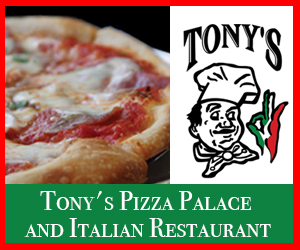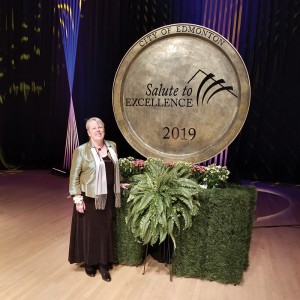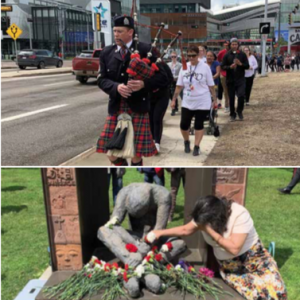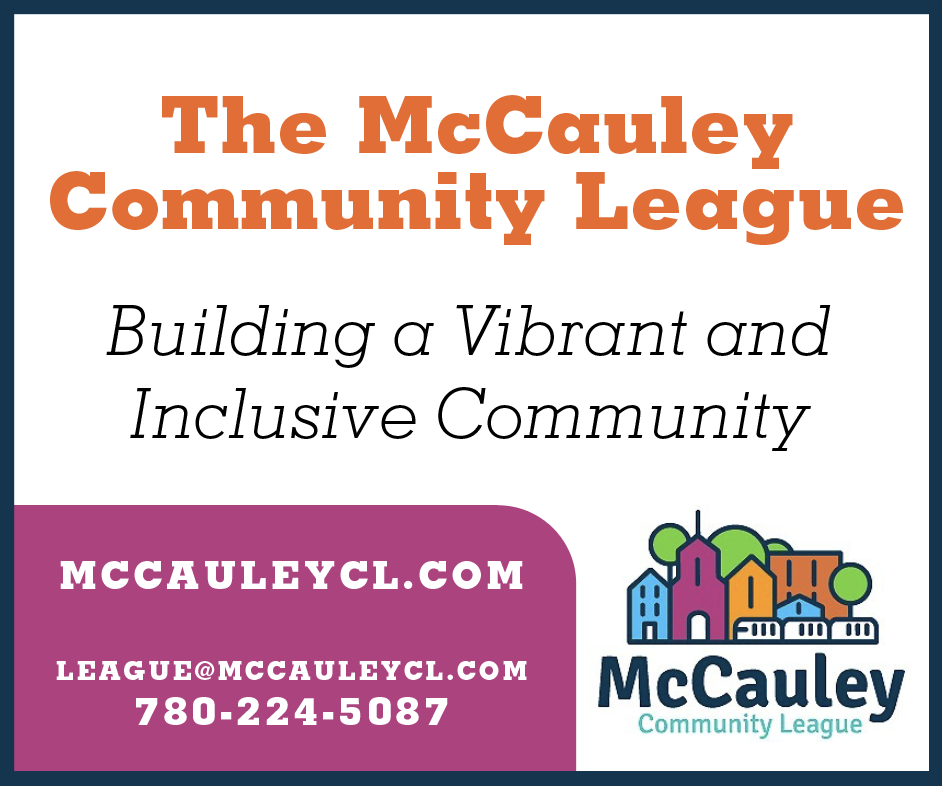How Do You Grieve the Language You Never Had?
My roots are from Lac Ste Anne. My maternal grandparents lived there, just a short walk to the pilgrimage site.
My mother spoke Cree/Michif. My dad spoke only English, to my knowledge. I always loved language. As a child, I remember pretending to speak another language, making up words, feeling self-important. But learning languages was a not a gift. I had to work hard both in high school and university to learn French. Same for Hebrew, again in university.
So why would a Métis girl learn other languages and not her mother’s language? It wasn’t important to speak Cree, or Nêhiyawêwin, as the Cree/Nehiyaw prefer to use. I heard my mother speak it infrequently, only with her relatives whom we didn’t see often. English was the language to learn so you could get a job, be successful, and avoid discrimination. Speaking Cree would let people know you were Native and that was to be avoided. So, my mother thought she was protecting us by not teaching her language.
I made several attempts to learn Nêhiyawêwin. Something always came up and I couldn’t finish. Several years ago, I did actually finish a six-week community course which was mostly about syllabics, as well as culture and often used vocabulary. Use it or lose it. Life happened and distractions pulled me away. I remember almost none of it now.
So why does it matter? Culture is in the language. I was raised urban, estranged from the land and from people who could have taught me. Without the language, it is challenging and difficult to learn and experience what it is to be Indigenous. Nevertheless, I identify as an Indigenous person. I practise Indigenous spirituality. It has become part of me, or rather, I am learning to be who Creator made me to be, a mixed blood.
As I get older, I reflect more. I realize that Nêhiyawêwin could have made my life different. Not knowing the language sometimes feels like a deficit. Something that could have nourished and sustained my soul and spirit was withheld. I wept at the realization. Then I grieved some more and gave it to Creator. I am not angry. That surprises me. It must be Creator’s grace. Thank You. Of course, it’s my optimism talking. If I had been a Nêhiyawêwin speaker, it could have been much worse than my mother had imagined. More violence and trauma may have been my journey. I might not be alive today.
So, I will continue to try to learn Nêhiyawêwin. It is still valuable. I have a choice and I choose to be thankful for the path Creator gives me. Grief will ebb and flow, but now that I have shared this part of my story, healing will come.
Sharon Pasula is an Indigenous spiritual and cultural resource person who lives in Boyle Street.








